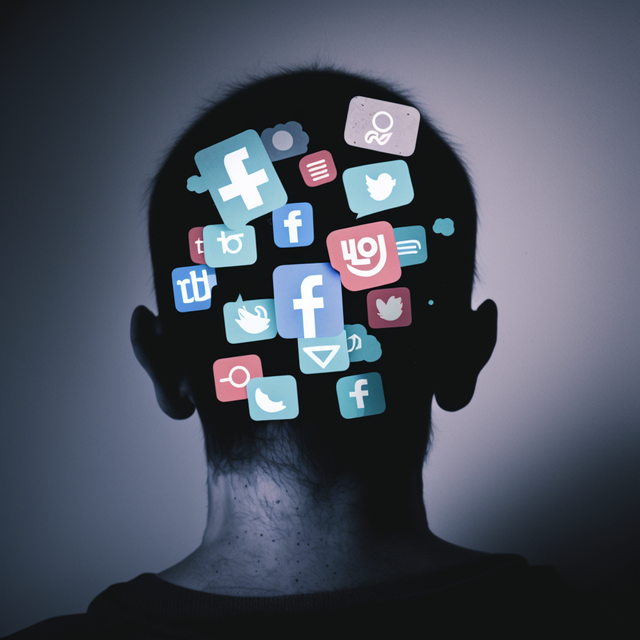Social media has become a ubiquitous part of modern life, with millions of people worldwide using platforms such as Facebook, Instagram, Twitter, and TikTok to connect with friends, family, and strangers. While social media can be a powerful tool for communication, it also has a significant impact on mental health, both positive and negative.

On one hand, social media can be a source of support and encouragement, especially during challenging times. It can provide a sense of community, connect people who share similar interests, and offer opportunities for self-expression and creativity.
However, social media can also be detrimental to mental health. The constant comparison to others' highlight reels can lead to feelings of inadequacy, low self-esteem, and even depression. Cyberbullying, online harassment, and the spread of misinformation can also have a significant impact on mental health, particularly among young people.
It is crucial to understand the impact of social media on mental health to use it in a healthy and positive way. By learning to recognize the potential risks and benefits, individuals can develop a balanced approach to social media use and take steps to prioritize their mental health and well-being.

Social media has become an integral part of our daily lives, providing us with a means of connecting with others, sharing information, and accessing news and entertainment. However, the constant exposure to social media can also have negative effects on mental health, such as increased feelings of anxiety, depression, and loneliness.
One of the potential risks of social media is the impact it can have on self-esteem. Seeing the seemingly perfect lives of others can lead to feelings of inadequacy and a distorted sense of reality. This can contribute to a cycle of comparing oneself to others and feeling that one's own life is inadequate.
On the other hand, social media can also have positive effects on mental health. It can provide a platform for people to share their struggles and find support from others who may be going through similar experiences. Social media can also be a valuable tool for promoting mental health awareness and reducing stigma surrounding mental illness.
To use social media in a healthy and positive way, it is important to be mindful of its impact on mental health. This means setting boundaries for social media use, such as limiting screen time and taking breaks when needed. It also means being intentional about the content one consumes and actively seeking out positive and uplifting messages.
In addition, seeking support from mental health professionals can also be beneficial for those struggling with the negative effects of social media on mental health. Therapy and other mental health services can provide tools and strategies for coping with feelings of anxiety, depression, and loneliness.
In conclusion, social media has the potential to both positively and negatively impact mental health. By being aware of the potential risks and benefits and taking steps to prioritize mental health and well-being, individuals can use social media in a healthy and positive way.
I found an incredible online platform to connect with a psychologist. I had been struggling with anxiety and depression and was seeking professional help. Through my online research, I discovered a website that provided a comprehensive directory of licensed psychologists who offered online counseling services. I was able to read calmerry.com reviews and compare profiles before choosing the psychologist who resonated with me. The platform's seamless interface and the ability to communicate via video calls made it a transformative experience in my mental health journey.
Downvoting a post can decrease pending rewards and make it less visible. Common reasons:
Submit